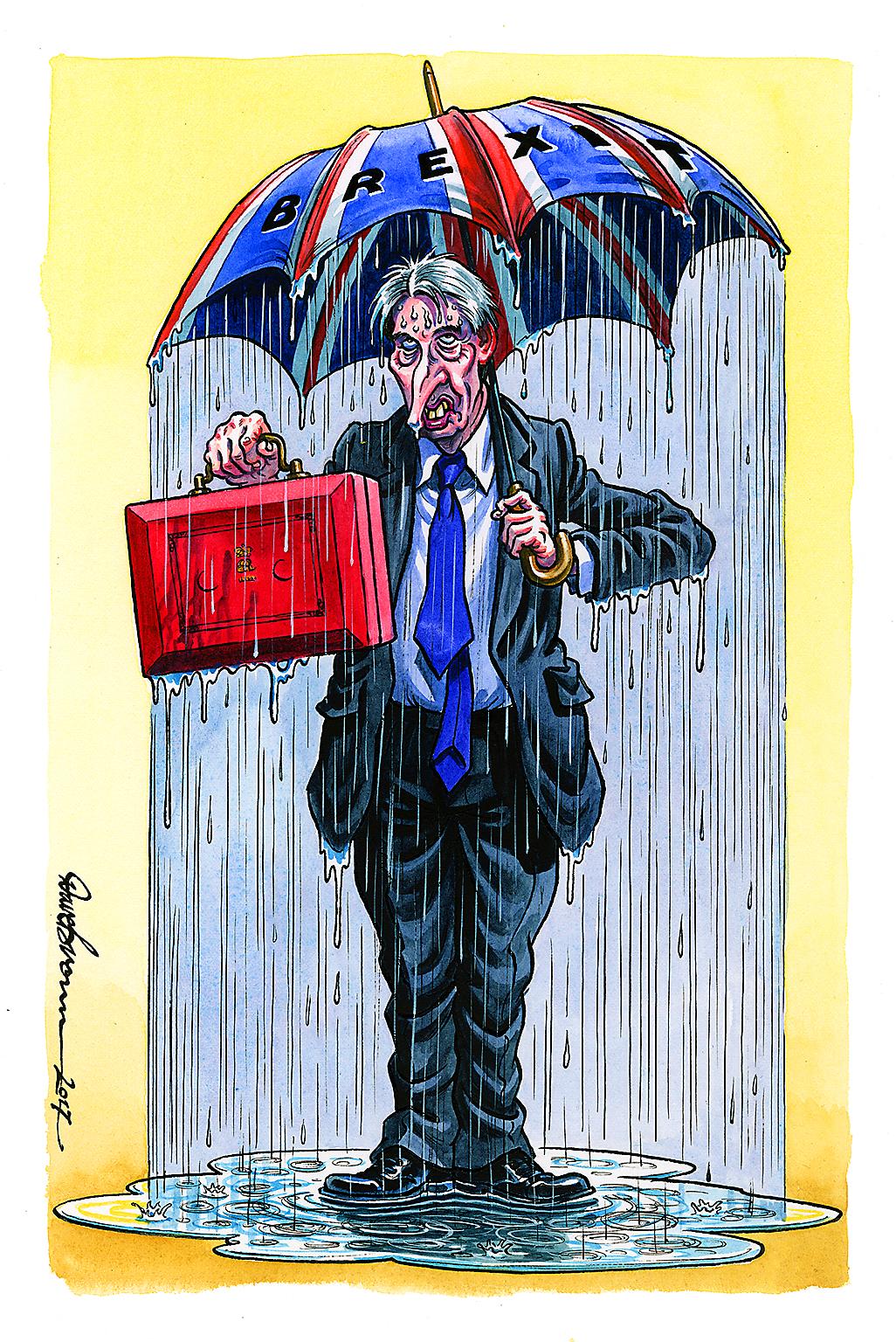Budget analysis: UK workers set for worst pay growth decade 'since the Napoleonic wars'
'Britain is set for a return to falling real pay later this year, with this decade now set to be the worst for pay growth since the Napoleonic wars,' said the director of the Resolution Foundation

Austerity is set to continue well into the 2020s and the current decade is now on course to be the worst for pay growth since the Napoleonic wars, according to an analysis of the Budget by a leading think tank.
The Resolution Foundation said Britain was braced for an “unprecedented” 15 years of further spending cuts and low pay growth and urged Philip Hammond, the Chancellor, to revisit support for lower-income households in future budgets.
In the think tank's analysis of Mr Hammond’s first Budget on Wednesday it is argued that both the Office for Budget Responsibility (OBR) and the Chancellor “largely ignored” a chance to respond to better than expected economic news.
Mr Hammond told MPs as he delivered his Budget statement that Britain’s economy would grow faster than expected in the next financial year – by 2 per cent, up from 1.4 per cent.
But the Resolution Foundation finds that real average earnings are only set to return to the peak before the financial crash by the end of 2022 – 15 years on. This decade, they add, is also set to be the worst for pay growth for 210 years.
Torsten Bell, director of the Resolution Foundation, said: “Spring Budget 2017 offered the Office for Budget Responsibility and the Chancellor the chance to respond to better than expected economic news in recent months, following grim forecasts about the outlook for Brexit Britain back in November’s Autumn Statement. Both have largely ignored it.

“The big picture from yesterday’s Budget is that the big squeezes on both the public and family finances have been prolonged well into the 2020s.
“On the public finances, the focus on good news this year has hidden the fact that the OBR has stuck to its pessimistic guns from the Autumn Statement about the fate of Brexit Britain’s economy. The weak medium-term outlook for borrowing means we’re still only halfway through the fiscal consolidation that was supposed to have finished by now.
The think tank adds that by 2020 a single person working full-time on the minimum wage will be £380 worse off.
According to the Resolution Foundation, the UK is on course to meet the Government’s fiscal objective of eliminating the deficit by 2025. Mr Hammond’s predecessor, George Osborne, had intended for the deficit to be eliminated by the end of this Parliament – an objective delayed by the current Chancellor.
Mr Bell added: “And while the OBR at least delivered some good news on borrowing, the family finances picture has actually deteriorated since the autumn. Britain is set for a return to falling real pay later this year, with this decade now set to be the worst for pay growth since the Napoleonic wars.
“Some households will feel the pinch more than others. The combination of weak pay growth and more than £12bn of benefit cuts means that for the poorest third of households this parliament is actually set to be worse than the years following the financial crisis.
“Of course, the OBR forecasts can and should change. Tackling the living standards squeeze facing low- and middle-income households should be a priority for future Budgets.”
Join our commenting forum
Join thought-provoking conversations, follow other Independent readers and see their replies
Comments
Bookmark popover
Removed from bookmarks